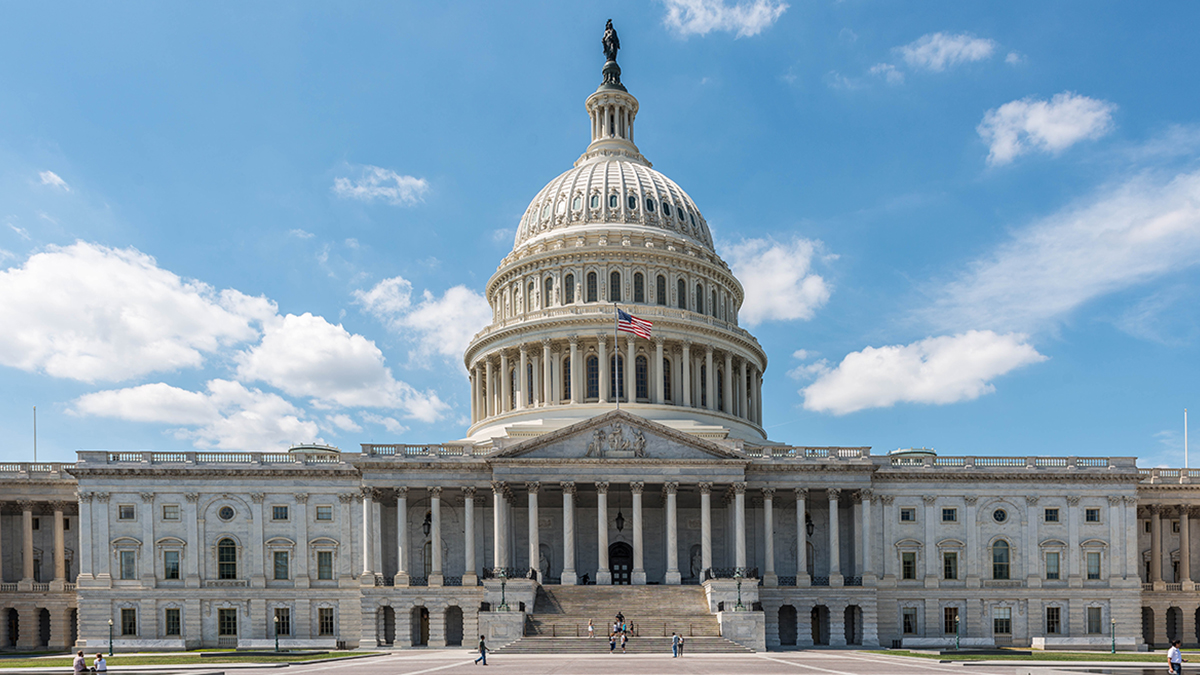U.S. Government Accounting Office: Strategy Urgently Needed to Address Cybersecurity Risks to Infrastructure in Support of the Offshore Oil and Gas Industry
In November 2022, The U.S. Government Accounting Office (GAO) – responsible for the oversight of energy infrastructure and assets – released its recommendations to the Department of the Interior (DOI) that suggested the agency immediately develop and implement a cybersecurity strategy. The DOI administrates entities such as the Bureau of Safety & Environmental Enforcement (BSEE), the Bureau of Ocean Energy Management (BOEM), and the Bureau of Land Management (BLM). The GAO identified concerns associated with operational technology due to aged infrastructure and dated cybersecurity protection measures, and it requested that the DOI further examine highlighted areas of cyber risks facing offshore oil and gas operations. The GAO concluded its report by recommending that BSEE address concerns via necessary risk assessment and mitigation, and identify objectives, roles, responsibilities, resources, and performance measures that could respond to this growing risk. This report is yet another example of how cybersecurity concerns continue to be recognized as a growing threat, particularly for the upstream oil and gas industry. See here for more information and the full report.
Another Attempt to Constrain U.S. Offshore Energy Activities
On 14 December 2022, California’s 8th District Congressman, John Garamendi (D), introduced a legislative bill known as Close Agency Loopholes to the Jones Act. This latest attempt to further constrain U.S. offshore Renewable and Oil & Gas activities comes on the heels of the recently enacted National Defense Authorization Act 2023 (NDAA) that ultimately did not contain language to restrict employment on the U.S. Outer Continental Shelf (OCS) as supporters would have otherwise preferred. In 2022, proponents originally argued for the American Offshore Worker Fairness Act, which provided language that was later included in the NDAA 2023 draft. However, once the NDAA bill was finalized towards the end of 2022, the subject text was omitted due to lack of Congressional support. The proponents argued that the offshore worker language would have created a necessary carve out to reserve good paying jobs for U.S. workers on the U.S. OCS. While such an idea may seem to be a good one, it fails to recognize the dependence any single energy producing country has on the aggregate know-how and capability of a truly international offshore energy industry. The highly specialized nature of offshore energy production and the training necessary to safely undertake associated work does not lend itself to “quick-turn” training that can be widely and/or remotely delivered, as may be the case with other industries. Offshore training facilities are exceedingly complex and expensive, which presents further challenges that consequently result in a limited scaling of the deployment of such facilities to a regional scope. Nevertheless, U.S. personnel, along with personnel from countries outside the U.S., are routinely sent to instructional facilities located outside their country of residence in order to gain the professional acumen necessary to work in the demanding offshore environment.
The inability of certain lawmakers to recognize the variety of activities performed offshore also adds to the logistical challenges of training offshore personnel. In the pursuit of entirely capturing all OCS activities under the Jones Act, some U.S. legislators fail to understand the fundamental distinction between maritime and industrial activities performed on the U.S. OCS. The Jones Act, or Merchant Marine Act of 1920, was enacted in…. you guessed it…1920. Senator Wesley Jones, after whom the legislation is named, never conceived of an offshore oil and gas drilling industry – the industry didn’t come into a modern-day existence until the 1950s. The Jones Act was enacted to address maritime coastwise trade where cargos of goods and passengers would be transited directly from one U.S. port to another. Laws of these types are commonplace in countries around the world for maritime transport. However, seeking to apply maritime provisions to industrial functions is beyond the conception of the 1920 Jones Act.
The continued operations of oil and gas activities are vital to providing economic stability in a world where the importance of affordable energy cannot be overstated. IADC will continue to work with other like-minded associations and stakeholders to avert actions and legislation that could hamper such operations.





